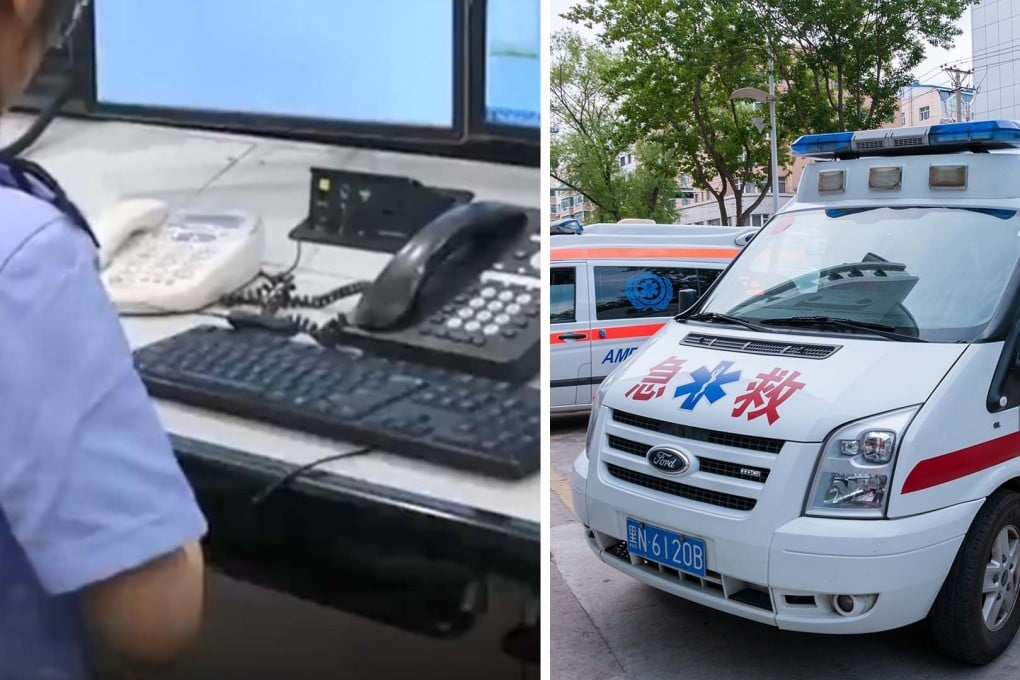Advertisement
‘I think you are fine’: authorities sack dispatcher after young Chinese woman dies of a brain haemorrhage because no ambulance was sent
- The emergency department did not dispatch an ambulance until the roommate found the woman unconscious two hours after she called
- Her father released the emergency call tapes on Weibo, prompting fury online and an official investigation
Reading Time:2 minutes
Why you can trust SCMP
2

Authorities in central China fired an emergency response dispatcher and disciplined four other employees in Zhengzhou, Henan province, after a father said a slow ambulance response was responsible for the death of his daughter caused by a brain haemorrhage.
The government said in a statement that the dispatcher, Zhang Zhenying, “was unfamiliar with her work and misjudged the patient’s condition.” It added that her language was “substandard” and she showed “a lack of sensitivity about the patient’s request and capability in handling it.”
The punishments came after a controversy when emergency dispatchers in the city did not send any emergency vehicles for Peng Xinjun, a 20-year-old student at Henan University, despite an 8-minute emergency call on May 17, according to the father on social media last week.
Advertisement
In the call, the young woman said she was at university but could not provide a detailed address, so the emergency phone operator did not dispatch an ambulance. The father, surnamed Peng, said this meant his daughter “missed the best time for treatment”.
An ambulance was only dispatched two hours later when the woman’s roommate found her unconscious in their dormitory and called for an ambulance.

The sick woman was unable to breathe independently when she was admitted to the hospital, and she died on May 30 from cerebral haemorrhaging.
Advertisement
Advertisement
Select Voice
Select Speed
1.00x